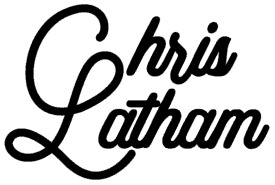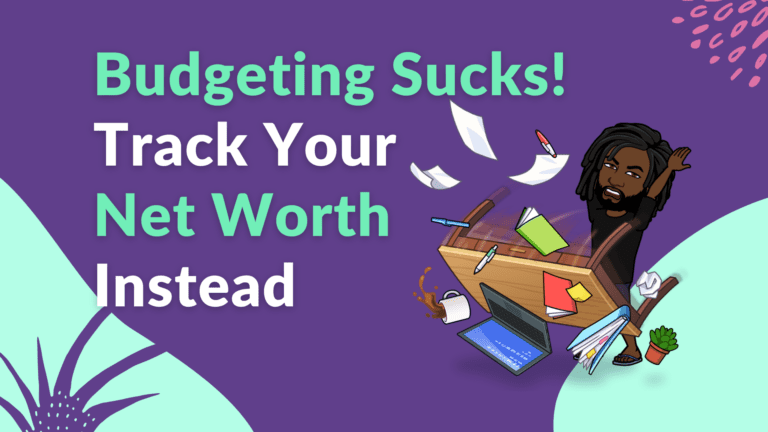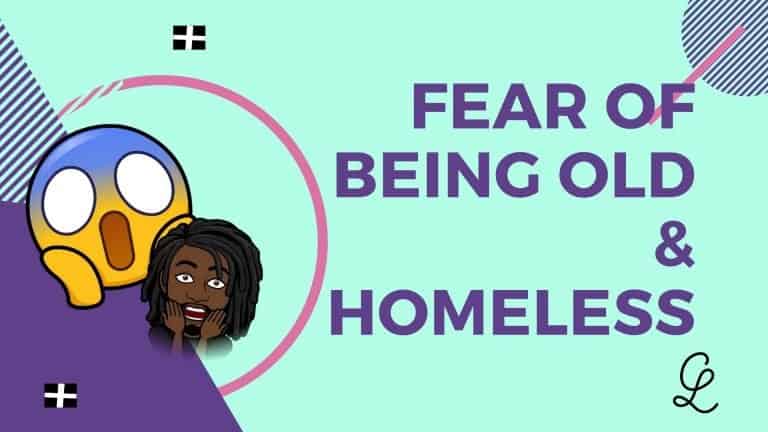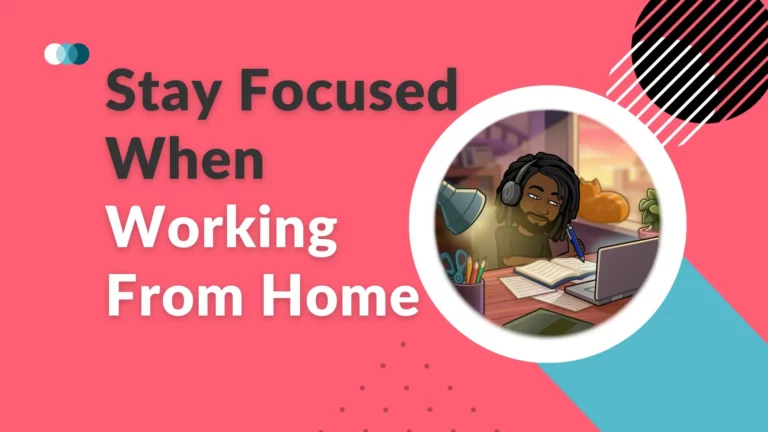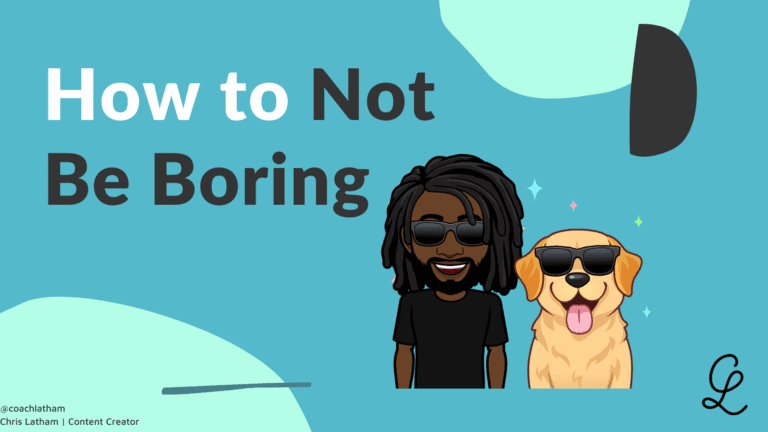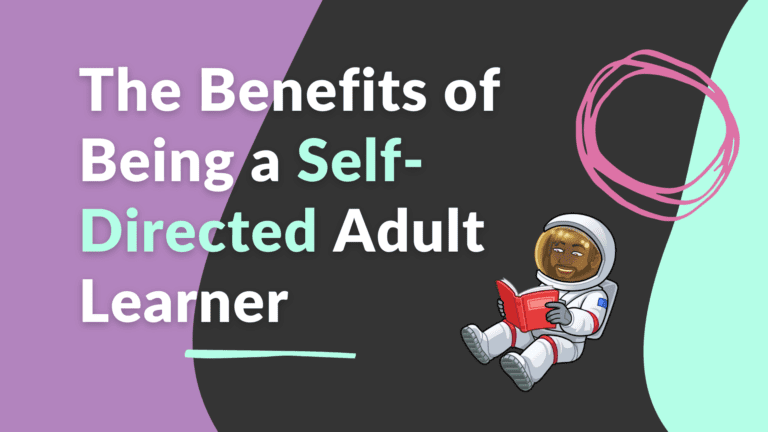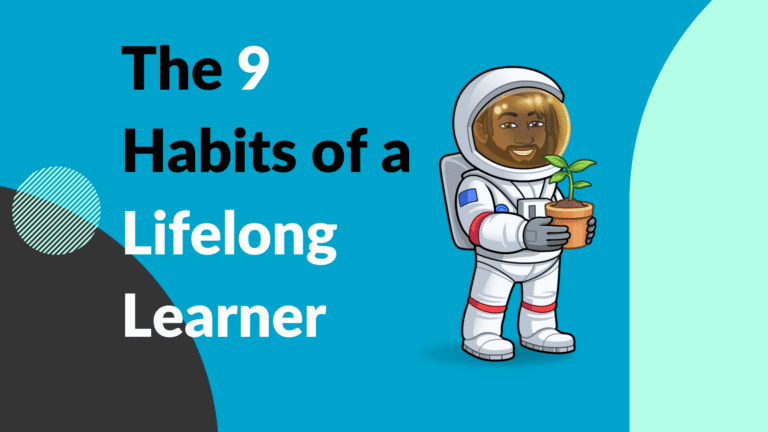Learning How to Code in 100 Days
Learning How to Code in 100 Days
A few days ago, I decided to learn how to code, and I thought it would be fun (and hopefully helpful) to document my journey. This would be my second attempt at learning code since 2018. If you’re wondering why I’m learning to code, the answer is simple: because I can! And because it’s fun to learn new skills, especially if they could come in handy down the road.
I’m determined not to give up, and I’ll be sure to share my successes (and failures!) along the way. Wish me luck!
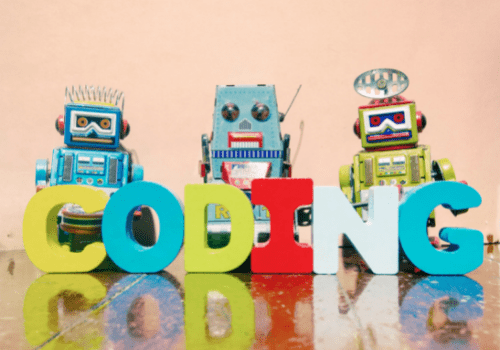
Why I’m learning how to code
To be honest, I’ve wanted to learn how to code since December 1999. This was right after watching the Matrix for the 30th time in a row. (No exaggeration) This has been something I have always wanted to learn. I attempted to learn back in 2018 but failed to follow through. Looking back, I can say the reason for the lack of follow-through comes down to not having a use for it.
Instead, I decided to dive into the world of marketing and learn paid ads. From there, I branched out and found a passion for SEO. It tapped into my wanting to understand how things worked and solve problems with a holistic approach.
The need to learn to write code goes hand in hand with improving my SEO skills. Simply put, SEO has a lot of repetitive tasks like an accountant. Having good enough skills in specific programming languages will help automate tedious SEO tasks.
Future-proofing my skills
If you didn’t know, I love looking into the future and hedging bets on the new trends. When it comes to web design, more and more sites are being built with Javascript.
I have to say the sites are beautiful and visually appealing. The downside is that when it comes to SEO, Google has a hard time scanning Javascript-heavy sites and can’t always tell what the web page is about. If you didn’t know, Google scans web pages for text and code to understand what the page is about and who to serve it to when using the search engine.
This is the equivalent of you scanning books in a library printed with invisible ink. Unless you have the perfect lighting, you won’t know what the book is about or understand what you are reading.
Seeing the direction websites are going, one of the programming languages I plan to learn is Javascript. This will help me implement Edge SEO, which answers the invisible ink Google has a hard time scanning.
Why 100 days?
To be honest, I came across #100DaysofCode and thought, what the hell? Why not. Plus, I love a time-based goal.

My goals in learning to code
My personal goals
I’ll start off by sharing my personal goals in order of importance.
- To learn a new skill/language
- To improve my writing through documenting the journey
- Document the journey. (written & video)
- To create & repurpose content
The first point of learning a new skill is easy for me. I enjoy going into a cave (metaphorical) and coming out with a new skill. I always feel like Goku going into the Hyperbolic Time Chamber. Every time I came back out, I levelled up in skill.
With that said, the most challenging part for me will be the third point, documenting my journey. I’m very much someone who likes to just get things done with no glory, and I see the bigger picture of documenting my journey as something I will love to look back to years from now.
Plus, it can possibly help guide someone who’s looking to do the same thing. Who knows, one day, I may have a name and brand that inspires people to seek and try new experiences.
What I want to get out of the journey
I spent a good few minutes thinking of this, and the main thing I want to get out of this is to improve my problem-solving skills. The most important part of being a good problem solver is the ability to break down a large problem into bite-size chunks is crucial. Learning to code will help develop such a valuable skill.
By the end of the 100 days, I want to have developed a game or tool that will make my life easier. As of now, I m not sure what I will develop, but I’m confident by day 75, I’ll have a better idea of what to create.
Choosing a programming language
When it comes to choosing a specific programming language to start with, there are many to choose from. You have C++, HTML5, JavaScript, Python, Ruby, PHP, and many more. As much as it would be cool to understand each language, I need to be realistic and stay focused on what I want to achieve.
In looking at all the coding languages, two stood out as ones that can help with my career. Javascript & Python both are popular languages I have seen floating around the SEO-sphere. This is true when it comes to automating tasks. Like I said, SEO has many repetitive tasks, and I am all about living a life with the least amount of friction.
I decided to start my ‘Learn To Code’ journey with Python. The most important thing for me to remember is I want to get good enough to leverage coding to help make my life easier, and this means I will need to know when and where to stop.
It may sound counterproductive, but I understand that coding is its own career path. In learning a new skill, primarily digital skills, there is a point you get where you are good enough to get a job. That is not my intention at all, as it would take away from my bigger picture.
The goal is to be good enough to be dangerous but not dangerous enough to be good.
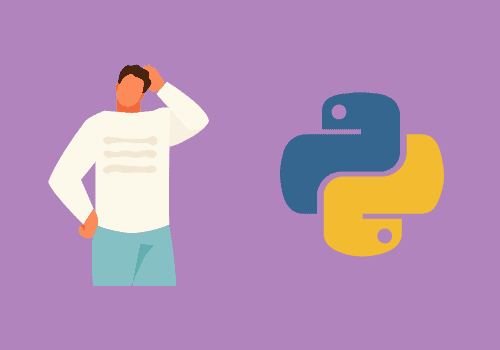
Why I’m choosing Python?
I chose Python as it was the one language that is the easiest to read and is considered an interpreted language. You can read more about why Python is easy to learn here. Essentially Python was built to be easy to understand, although basic is used in many complicated systems.
What is Python?
Python is a programming language that can be used to make games, stories, and more. Python is open-source software meaning that it’s free to edit to make modifications. This makes the language more flexible than other types of languages that are closed-source.
Python is popular for building websites and automating tasks. Because it’s easy to learn, it’s suitable for non-programmers. In fact, it’s used for everything from creating Netflix’s recommendation algorithm to writing software for self-driving cars. Although Python is mainly used for programming, non-programmers have also been taking advantage of its ease of use to automate many of their daily tasks.
Unlike other programming languages, Python is one of the easiest to learn and use. Although the language is 30 years old, it still retains its mystery. As an example, several other coding languages, including Ruby and Swift, are based on Python but are much more complicated.
Ok, what is open-source code?
Open-source code is the most democratic of all coding languages because people can engage with the programmers, and programmers can then engage with the people, shaping what they want to happen.
Open-source code reflects a more cooperative attitude about programming and about life in general. It’s based on this idea that we’re in it together–that when we share our work, our innovations, and collaborate in good faith, everybody wins. That kind of cooperation is needed today, and open source is making headway in helping us with finding solutions to so many problems we face as a world population.
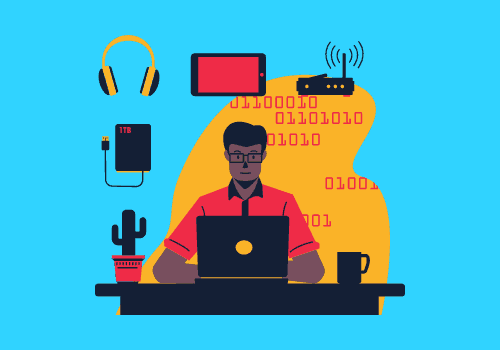
Where am I going to learn from?
This is where I implement the world-known Latham Accelerated Learning Method. The LAL Method is simple; it involves knowing what learning styles suit you best. Then you find resources for each of the visual, auditory, kinesthetic, and read/write learning styles. From there, you fully immerse yourself in one subject.
- For visual learning, I’ll be consuming Youtube videos as follow-along guides and theory explanations.
- For auditory learning, I’ll be consuming podcasts and video interviews.
- For kinesthetic, I will be using the CodeRunner editing tool for implementing everything I learned. I will also take an online coding course. This will help get structure in what I am learning.
- For read/write, I will read blogs and take notes.
This method of learning is something I have done time and time again. I can say that the method has two milestones. One is at the very start when you are consuming the content and nothing makes sense, and the other happens at about 75% of the way there.
The second moment often comes as an aha moment. For it usually happens when I listen to a podcast, and halfway through, I realize that I understand everything they are talking about. I got from barely catching on to 10% to what is being said to fully comprehending and understanding their thought process.
My current resources
Video
Learn Python – Full Course for Beginners [Tutorial]
12 Beginner Python Projects – Coding Course
Agency Automators’ SEO How-Tos Videos
Blogs
An Introduction to Python for Technical SEO
How to Use Python to Analyze SEO Data: A Reference Guide
Python for SEO: Complete Guide (in 6 Chapters)
Online Course
Podcasts
My current coding skills
Currently, my skills are level 0. The one piece of advice given to me was to write notes when I start writing code. This isn’t notes like on pen and paper; instead, it means writing notes inside the code I am writing itself. Here is a visual example, all the notes are written behind a # sign.

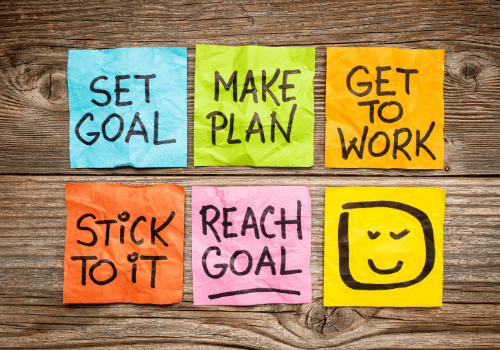
My Gameplan
The part you have been waiting for, how exactly will I go about learning to code Python in 100 days? The most important thing when it comes to learning code or any skill for that matter is getting your reps (hours) in.
I’ve created a simple game plan that is built on SMART goals.
- Monday to Friday, I will spend 90 minutes a day coding. (I need to leave room to keep levelling up my SEO skills)
- Saturday and Sunday, I will spend a minimum of 2 hours coding a day
- Write 100-200 words a day on what I have done and learned
- After 10 days, record a video going over what I have learned in the past 10 days
- Invest 75-80% of my content consumption routine to Python
- Create 15-second snippets for social media sharing the journey
There you have it. Click here to start reading my 100 days to learn code journey.
